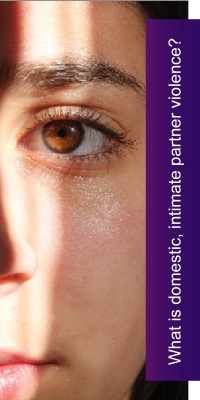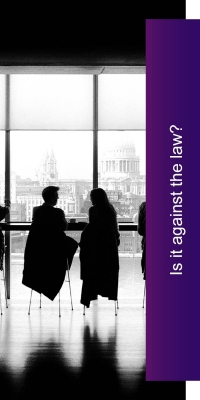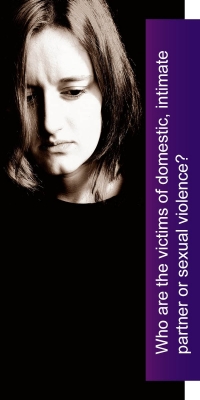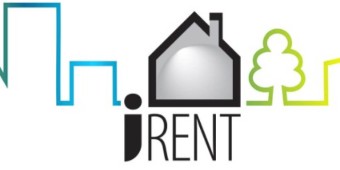What is domestic, intimate partner violence?
Domestic violence is defined as any violent, threatening, dominating, coercive or controlling behavior between family members, and includes intimate partner violence between past or present partners. Domestic, intimate partner violence also includes the deprivation of food, clothing, medical attention, shelter, transportation or other necessities of life. Domestic, intimate partner violence can take many different forms:
Physical abuse includes hitting, pinching, slapping, pushing, punching, kicking, burning, stabbing or shooting. It may also include threats to cause harm.
Psychological abuse, sometimes referred to as emotional or verbal abuse, includes put-downs, name calling, jealousy, isolation from family and friends, and threats to leave the relationship or to commit suicide if the victim does not cooperate.
Sexual abuse includes unwanted touching or sexual activity. It may include control over birth control, forced pregnancies, abortions or the transmission of Sexually Transmitted Infections.
Financial abuse occurs when an individual uses finances to control another individual. This could include forcing a person to hand over all or part of their salary or by denying someone access to their own finances.
Spiritual abuse occurs when an individual uses religious or spiritual matters to control their partner. Examples of spiritual abuse include forcing someone to follow a particular faith or to give up their religion.












